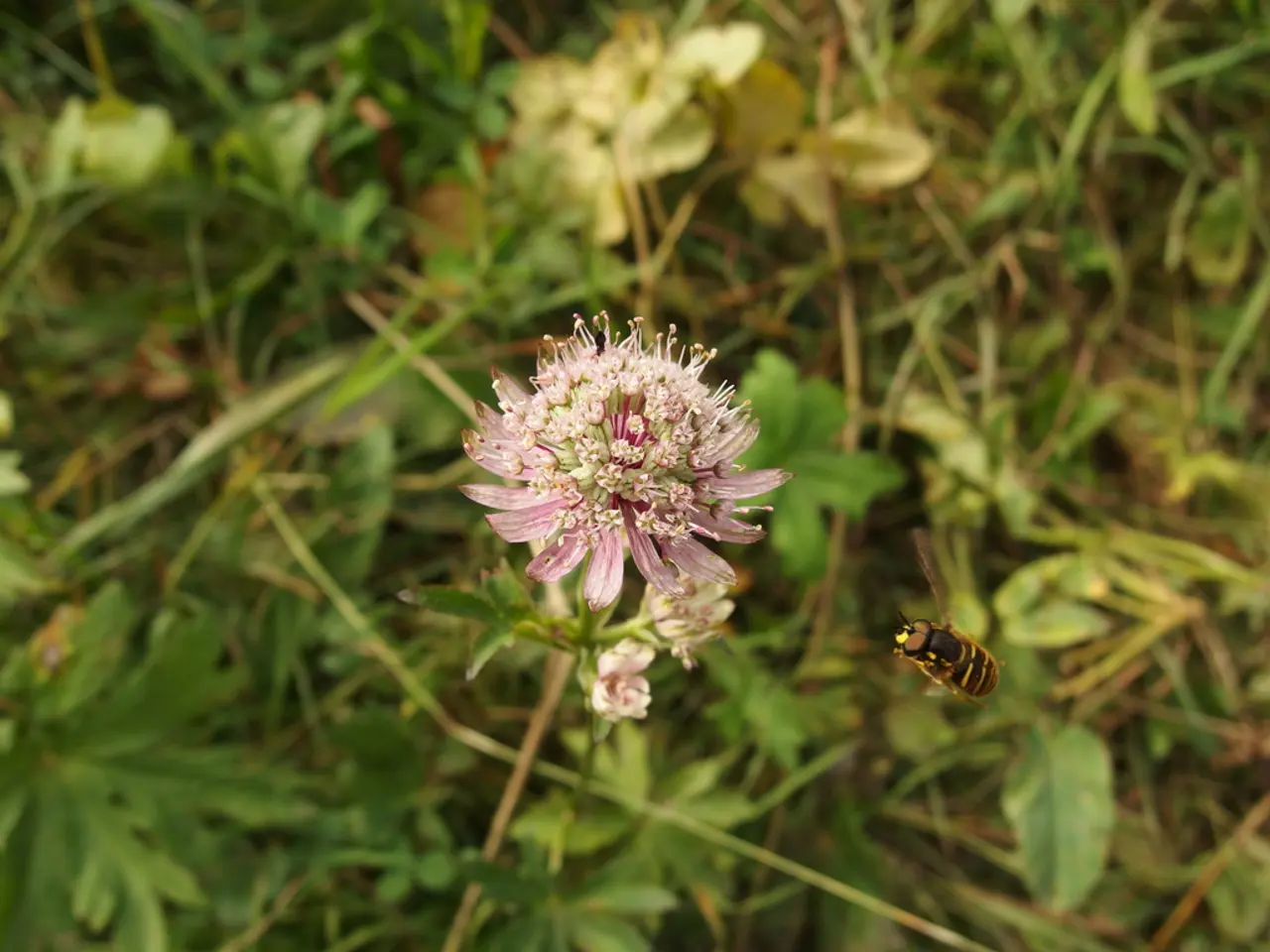Gardening Tip: Unwanted guests in your green oasis? Discover the six species of flora that may unknowingly be enticing mosquitoes to settle in your garden.
In the warmer months, outdoor gatherings can be disrupted by the pesky presence of mosquitoes. These insects not only cause discomfort but can also potentially spread diseases like West Nile Virus and malaria. To help you enjoy your garden without the nuisance of mosquitoes, here are some tips on what to plant and what to avoid in your garden.
Firstly, it's essential to understand that mosquitoes are attracted to densely planted, shaded, and cool areas of the garden where water can easily collect. Plants that hold moisture or create shaded, humid environments conducive to mosquito breeding or resting should be managed carefully.
Bamboo, with its hollow stalks and dense leaves, traps moisture and provides perfect breeding and resting places for mosquitoes. Bromeliads, with their leaf rosettes that hold water, are another plant to avoid as they provide breeding grounds for these unwanted guests. Invasive plants like Japanese honeysuckle and English ivy create great environments of cool air and moisture for mosquitoes. Pond plants, some container plants, and fountain grass also attract mosquitoes due to the standing water they hold.
However, there is some good news. Aromatic plants like citronella, lavender, basil, rosemary, mint, catnip, and lemongrass naturally repel mosquitoes with their scents. These plants are recommended for mosquito-free gardens.
In addition to careful plant selection, there are other steps you can take to reduce mosquito populations in your garden. Checking gutters for potential standing water is important in mosquito control. Using mosquito dunks, which use Bacillus thuringiensis israelensis (BTi) bacteria, targets mosquito larvae and is safe for fish, pets, and humans. A bubbling feature in a pond can also deter egg-laying mosquitoes.
Managing standing water is crucial in mosquito prevention. Standing water for 7 to 10 days can provide enough time for mosquito larvae to hatch and become adults. This means regularly emptying containers, fixing leaking taps, and ensuring proper drainage in your garden.
Lastly, getting rid of invasive plants like Japanese honeysuckle and English ivy can help protect trees and prevent mosquitoes. While this may be labor-intensive, it is worth it for a mosquito-free garden. Bromeliad plants should be kept out of the rain to prevent standing water, and using potted plant saucers or trays should be done with caution to prevent mosquito breeding.
By carefully selecting plants, managing water accumulation, and using mosquito dunks, you can create a garden that is not only beautiful but also mosquito-free, allowing you to enjoy your outdoor space without the nuisance of these pests.
By selecting plants that naturally repel mosquitoes, such as citronella, lavender, basil, rosemary, mint, catnip, and lemongrass, and avoiding those that attract them, like bamboo, bromeliads, Japanese honeysuckle, English ivy, pond plants, some container plants, and fountain grass, you can create a home-and-garden lifestyle that reduces the presence of mosquitoes in your gardening area. Regularly checking for and managing standing water in your garden is crucial to preventing mosquito larvae from hatching and becoming adults, helping to maintain a mosquito-free lifestyle.




